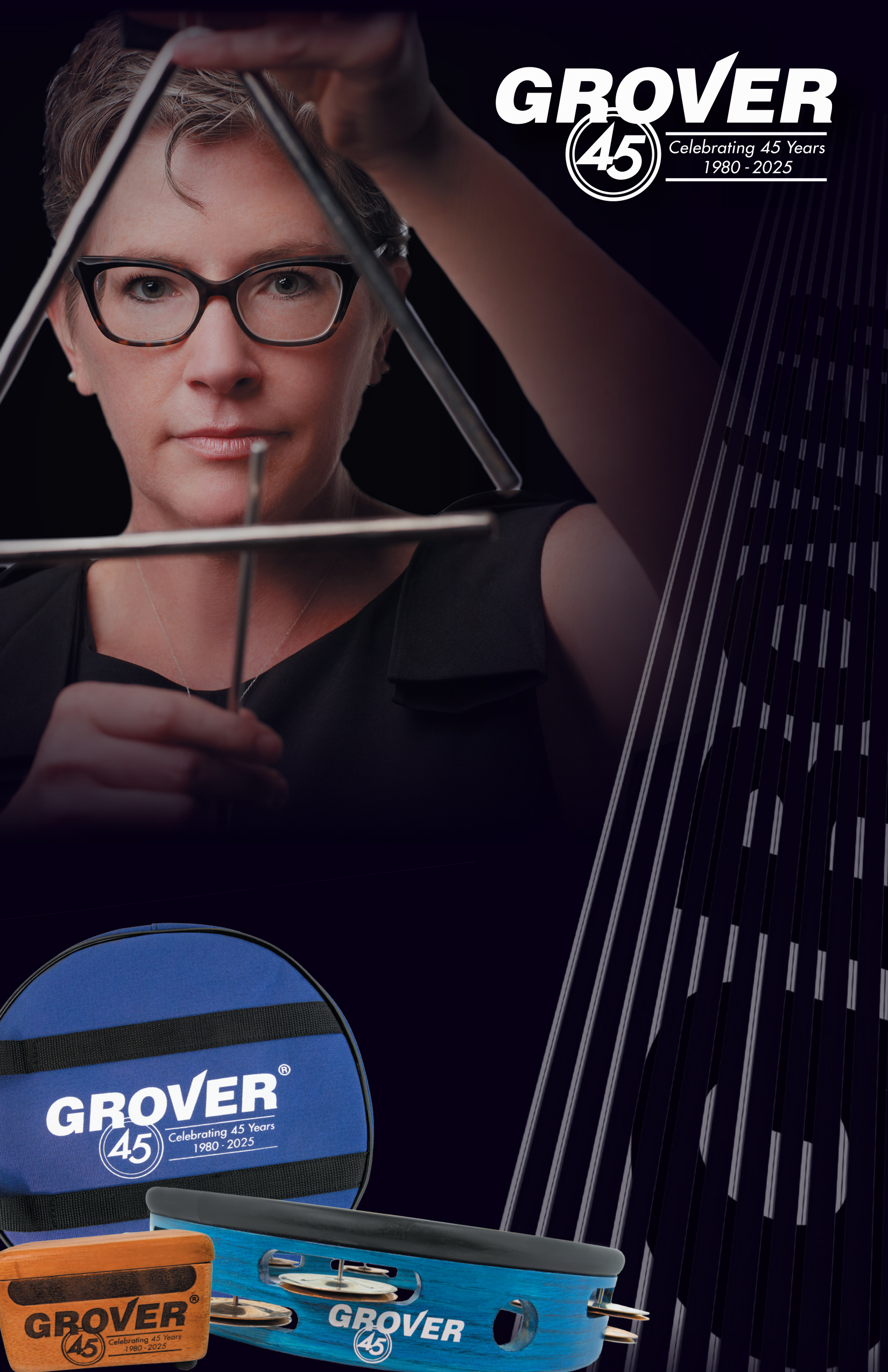Many music programs across the U.S. continue to perpetuate unrealistic assumptions about being a music performer, while few musicians ever achieve a sustainable income solely from music performance. There are fewer full-time positions for conservatory-trained performers than ever before, as local music organizations continue to be shut down or nearly shut down due to lack of funding and patronage. And many musicians are not equipped with the marketing skills necessary to secure well-paying performance opportunities.
But the stark reality of the situation is that there simply aren’t enough well-established, salaried performance jobs out there for the number of music majors graduating each year. As music schools keep chugging out performance graduates year after year, the market has become saturated with far more talented young performers than there are opportunities that have been created. And if you’re not one of the lucky few to land your dream music gig, it’s easy to feel like you’ve failed your music training or you’re not living up to your musical potential.
Career Possibilities for Musicians
It surprises me how many music majors graduate with the idea in their heads that if they don’t make it as a performer then they should put their dreams of a music career behind them and get a job in another field. But if you open up to the idea of career paths beyond music performance, there are a number of other employment opportunities that you can pursue in the field of music.
- Music Education
Education is an often-sought employment option for music majors. Teaching can be done full-time at the high school or university level, or part-time via private lessons to supplement your income from performing. Plus, being a music educator is a rewarding career path that provides numerous intangible benefits as a platform for community outreach and one-on-one mentorship.
As you embark upon your career as a music educator, realize that different teaching positions require different types of training, skills, and experience. Teaching at the secondary school level typically requires state certification and a certain number of hours of prior experience, something you’d get by majoring in music education. And teaching at the college level often requires a graduate degree in your field of study, so you need to consider whether or not you’re willing to attend graduate school. Teaching private lessons, on the other hand, typically doesn’t require any sort of certification, but it does, however, require a bit of networking and marketing savvy to secure enough students for a sustainable income.
- Arts Administration
Music schools, cultural and arts institutions, and music organizations are led by senior-level administrators, many of whom majored in music and/ or the arts. And these administrators are often very well-paid, as you can see from these charity CEO compensation studies.
If you’d like to pursue an arts administration position, work experience and career preparation are key. Many colleges have started to offer degrees and/ or courses to train students in arts administration. Depending on the organization you’re interested in joining, you may need to complete graduate school and/ or business-related courses and internships to boost your credentials. At the university level, for example, the dean of the music department is typically expected to have a PhD in a related field. And for many music nonprofits and organizations outside the academy, high-level administrators are often expected to have experience with business development and marketing in addition to their musical expertise.
- Program Director
Program directors develop and lead programs in line with the artistic vision of a music project or organization. Broadly speaking, a program director is the person who develops ideas related to music outreach, instruction, and engagement and oversees the management and implementation of an organization’s music programs.
The skills needed to fulfill the duties of program director vary from organization to organization. For example, the program director of a city orchestra simultaneously works as the conductor of the ensemble, so this position typically requires professional training in conducting and ensemble leading. The program director of a public or nonprofit music organization, on the other hand, develops ideas for music events and programs that engage the local community and oversees the operational elements of an organization’s music programming.
- Music Non-Profits
The music nonprofit world is often completely off the radar of music students’ employment considerations. But employment as a performer, clinician, ensemble leader, mentor, and/ or teacher in a nonprofit music organization can provide a deeply meaningful career alternative for musicians, while also providing a platform to learn a bit about the world of community outreach and engagement.
When seeking employment in the nonprofit world, make sure you have done your homework and you are approaching serious nonprofit organizations that actively pursuing financial stability, that can afford to hire someone, and that are poised to provide opportunities for growth in the future. Be aware that beginner positions in music nonprofits are often unpaid internships, so it’s best to get involved when you have access to other forms of financial support. As you develop your music and teaching skills, learn as much about the behind-the-scenes operations (membership, recruitment, fundraising, development, events management) as possible so that you will have more diverse experiences when seeking employment later.
- Artist Management, Promotion, and Booking
If you enjoy the process of networking, arranging gigs, and/ or handling the promotion for music-related projects, you might consider looking for employment opportunities as a music manager. Many university programs now have the option to major in “Music Business” in addition to degrees the majority music undergraduates choose in performance or education. Programs or courses in music business can help you develop the skills needed to oversee the day-to-day marketing and/ or business-related affairs for a music artist or band.
But the best way to gain experience in music business is through hands-on projects. If music management is something that interests you, start working with local bands and applying your business and marketing savvy in real-world situations. Or search for internship/ employment opportunities with local artist management companies.
- Public Programs
Arts-related programs in public schools, museums, and libraries are a great place to explore employment opportunities as a musician. Directors of these programs are always on the lookout for ideas and opportunities that will engage the local public and attract more of the community as patrons of their organization or facility. As a musician, you can propose music-related events, workshops, clinics, or performances aligned with the goals of the program that will attract and engage a broad audience.
You will need to design a proposal to pitch your idea (make sure it lines up with the goals of the program), and landing the job might take a bit of networking to get to the right decision-maker. But public programs generally have a decent budget for these types of workshops and clinics. For some really great advice on how to go about it, check out Dave Ruch’s highly informative blogs on landing gigs in public libraries and gigs in public schools.
Endless Opportunities
The list I have provided here is just the tip of the iceberg. When you start to think like an entrepreneur, the possibilities for a career in music are endless. The trick is not to rely solely on the performance opportunities that have been established by others, but to think how you might utilize your unique combination of strengths to create your own opportunities. For more ideas, you might check out Bill Zuckerman’s article listing more than 70 career options for musicians.
This article is the third of a series on career preparation for musicians and music majors. Check out my first article addressing marketing for musicians and the second addressing entrepreneurship for musicians. Thanks for reading, and stay tuned in the coming weeks for more articles on “What a Music Degree Doesn’t Tell You.”
What advice have you received on pursuing music careers beyond performing and teaching? How did your program and teachers prepare you for the realities of today’s market? I look forward to reading feedback and insights from other professionals and experts in our field.


Leave a Reply